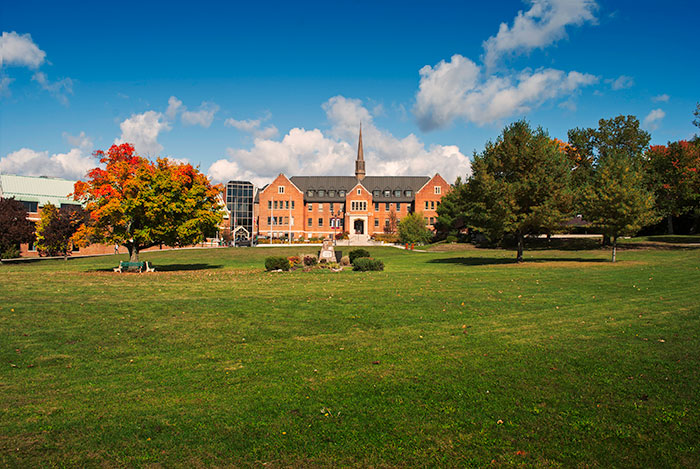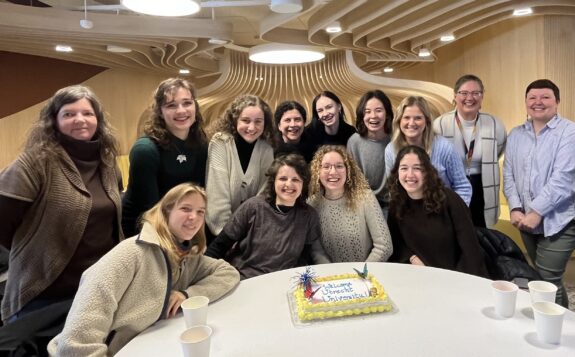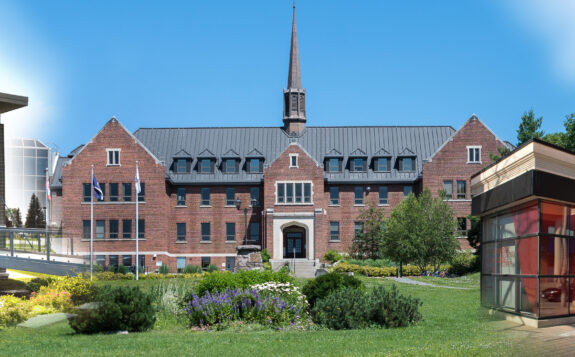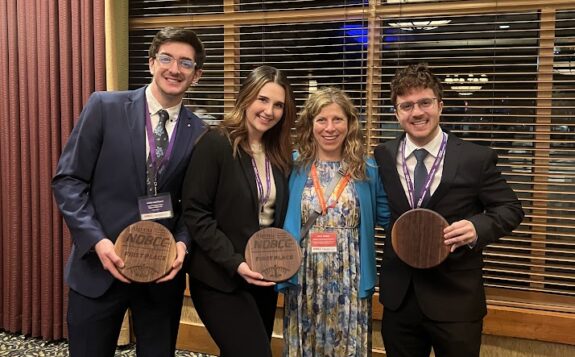(SAULT STE. MARIE, ON: May 8, 2018): Yesterday, Algoma University’s Board of Governors approved a $29.5 million operating budget for the 2018-19 fiscal year. Targeted investments address key priorities identified by the Board and Senate while building upon the momentum generated through the increase in fall term student applications to the University. Application statistics released by the Ontario Universities’ Application Centre indicate a 28.6 per cent increase in first-choice applicants from last year and an overall increase in applications of almost 20 per cent. This is the highest increase of all Ontario universities in first-choice applications and second highest increase overall.
“The Board of Governors is pleased to support the 2018-19 budget as presented by the Administration of the University,” said Mark Nogalo, Chair of the Board of Governors. “We are pleased to see a budget that is both growth-oriented and student-centred.”
The budget aligns with key objectives in Algoma’s Strategic Plan while focusing on four key priorities: enhancing student life, expanding student experiential learning opportunities, continued development of Anishinaabe initiatives, and bolstering programming at Algoma’s campus in Brampton.
“The 2018-19 Algoma University budget reinforces our commitment to being a student-centred University,” said President and Vice-Chancellor Asima Vezina. “The budget demonstrates the University’s ongoing focus on student success, teaching, learning and research excellence, and innovation. It will also support our continued commitment to be a leader in truth, reconciliation, and healing in Canada.”
Algoma will continue efforts to create dynamic hubs for student and community activity through the development of improved student space and overall student experience. The University has plans to create a “one-stop-shop”, where students will be able to efficiently access key services, such as academic advising, registration, student accounts, and more. Plans are also emerging that will result in the creation of a Learning Commons that will build upon current academic support services to enhance student success efforts.
To attract more students and strengthen current students’ academic learning, the University will continue to invest in the Strategic Plan Directive of Vibrant Programing. Enhanced experiential and work-integrated learning opportunities will be embedded in all academic programming. Algoma has been successful in securing $566,000 in funding through the Career Ready Fund to support this priority. The University will expand current programming in Brampton, increase the number of college partnerships and pathway agreements across the province, including Sault College and Northern College.
As reinforced through the University’s special mission, Algoma is committed to being a national leader in Anishinaabe education while supporting the Truth and Reconciliation Commission of Canada’s Calls to Action. The new budget boasts investments in special programming, including the Geography Spring Institute on climate change, in partnership with the National Aboriginal Lands Management Association (NALMA). Additional funds have also been secured to support the development of eLearning courses and related transitional supports for Indigenous learners.
The new budget also demonstrates the University’s commitment to research and innovation. The University has established an Office of Research and Innovation under the stewardship of Canada Research Chair, Dr. Pedro Antunes. Funding has been secured for a second Canada Research Chair in Dr. Isabel Molina. The University is in the process of nominating a third Research Chair in Truth and Reconciliation. Such activity ensures students will have additional opportunities to take part in research opportunities on- and off-campus with faculty and regional organizations, enhancing their learning.
The budget supports Algoma’s ongoing commitment to providing a transformative undergraduate education.
Share Article




